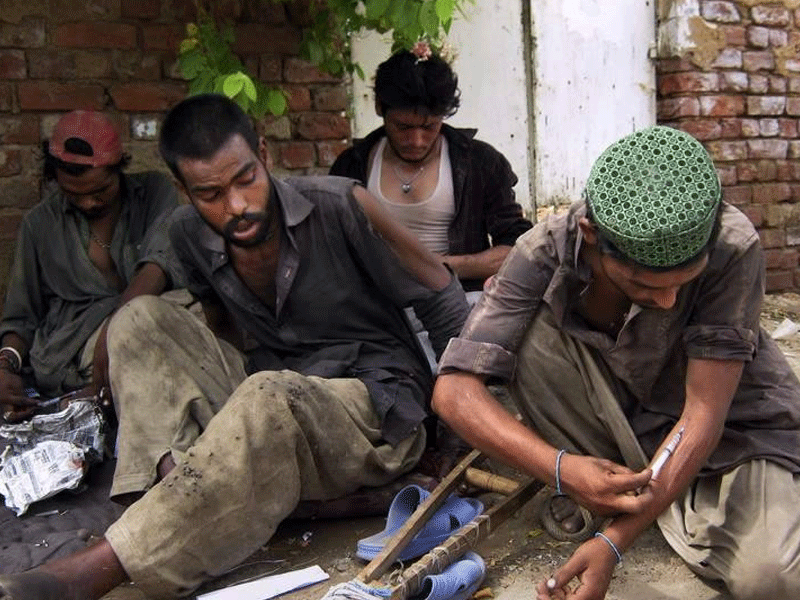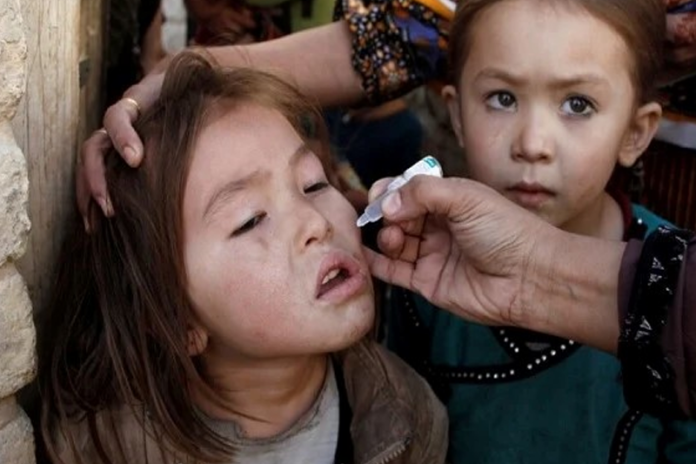Challenges of drug abuse in Pakistan: A call for comprehensive solutions

- 285
- 0
Eradicating drug abuse remains a significant concern for Pakistan. Despite being only 10% of South Asia's population, Pakistan faces a staggering 32% smoking rate and a soaring number of drug addicts, predominantly among the youth. These individuals, grappling with addiction, become a burden on their families and society. Despite existing laws and law enforcement agencies, drug dealers operate openly, often evading consequences due to corruption within the authorities. Factors such as deprivation, economic disparities, ostentation, and neglect contribute to the youth's departure from societal norms.
Pakistan confronts a substantial drug abuse challenge, especially witnessing a rise in heroin consumption since the 1980s. Estimates suggest millions are affected, with a shift from smoking heroin to injecting drugs, raising concerns of diseases like HIV/AIDS. Reports indicate the potential for an epidemic among injecting drug users, emphasizing the urgent need for intervention.
The "2021 World Drug Report" highlights a global increase in drug users, indicating a concerning trend. While drug use disorder prevalence remained stable until 2016, subsequent years saw a rise.
Cocaine seizures in parts of Asia and West Africa hint at potential usage spikes, especially among affluent urban segments. The devastating impact of drug use reflects in the estimated deaths and years lost due to disability, predominantly among males.
Cannabis remains a dominant seized drug globally, with substantial quantities seized in various countries, including Pakistan. To combat this issue, the 2019 Anti-Narcotics Policy aims to address evolving drug scenarios domestically and globally. Despite efforts since the 1993 Narcotics Policy, coordination among institutions and enforcement structures remained ineffective.
Efforts to combat drug trafficking and substance abuse in Pakistan focus on supply and demand reduction, aligning with international standards. The government collaborates with international bodies and aims for a drug-free Pakistan. Addressing drug addiction in academic settings requires a comprehensive strategy involving stakeholders to disrupt the supply chain and penalize offenders.
Introducing school-based prevention programs involving parents and students could potentially curb drug abuse.
However, until such initiatives materialize, drug misuse might persist. Urgent action is needed, particularly in educational institutions, to initiate counseling programs. Additionally, stringent punishment for major drug traffickers and effective anti-drug awareness campaigns are essential. Parents, too, bear the responsibility of monitoring their children closely. Addressing this issue requires a concerted effort from various sectors of society.
Published in The Daily National Courier, December, 09 2023
Like Business on Facebook, follow @DailyNCourier on Twitter to stay informed and join in the conversation.

















































